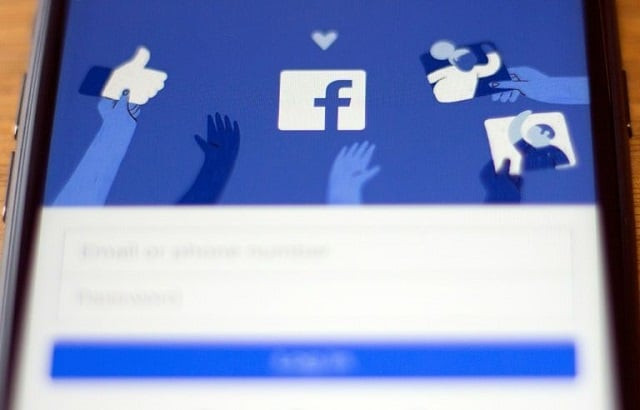Americans fret over social media control of news: survey
Pew Research Centre poll found 62 per cent of respondents say social media companies have excessive control over news

The percentage of Americans getting news from social media -- especially Facebook -- continues to grow, a Pew Research Centre survey showed. PHOTO: AFP
The Pew Research Centre poll found 62 per cent of respondents say social media companies have excessive control over news.
This results in a less favorable mix of news, 55 per cent of respondents told the researchers.
Republicans tended to be more negative than Democrats about social media, with three-fourths of Republicans and Republican-leaning independents saying social media companies have too much control of news compared with 53 per cent of Democrats and Democratic learners.
The survey highlights rising worries about how social media shape the information people see online, and complaints from some -- including President Donald Trump -- that platforms are biased.
It comes as Facebook -- by far the most popular social network -- is set to release a news "tab" that will include content from a variety of news organisations.
The deadly side of social media
The Pew survey indicated that the trend of people turning to social media for news continues to grow -- 55 per cent of US adults said they get news from social media often or sometimes, up from 47 per cent in 2018.
According to Pew, about half of all US adults get news from Facebook, with YouTube the second most popular at 28 per cent, followed by Twitter (17 per cent), Instagram (14 per cent) and smaller numbers from services such as LinkedIn, Reddit and Snapchat.
The poll found more than 80 per cent of respondents believe social media sites treat some news organisations differently than others.
Among those who say the platforms are partial, the vast majority said greater exposure was given to news organisations that produce "attention-grabbing articles," those with a high number of social media followers or those whose coverage has a certain political stance.
Roughly half of those critical of social media said they often showed inaccurate or one-sided news, while 35 per cent said censorship of the news is a big problem on these sites.



















COMMENTS
Comments are moderated and generally will be posted if they are on-topic and not abusive.
For more information, please see our Comments FAQ